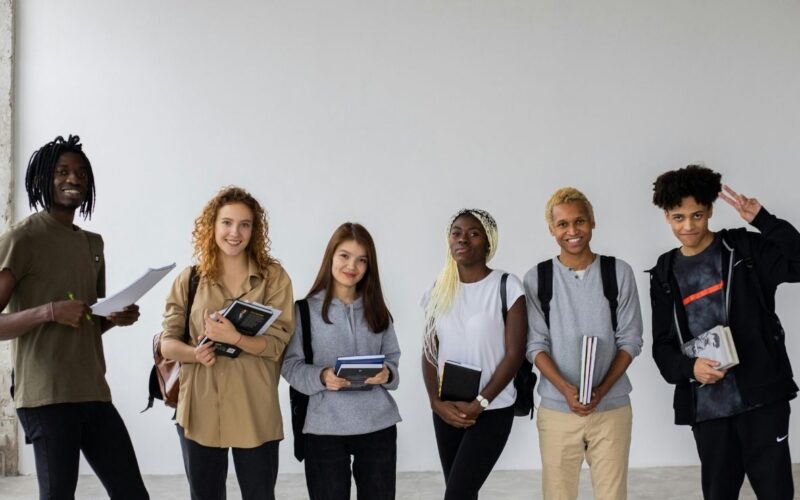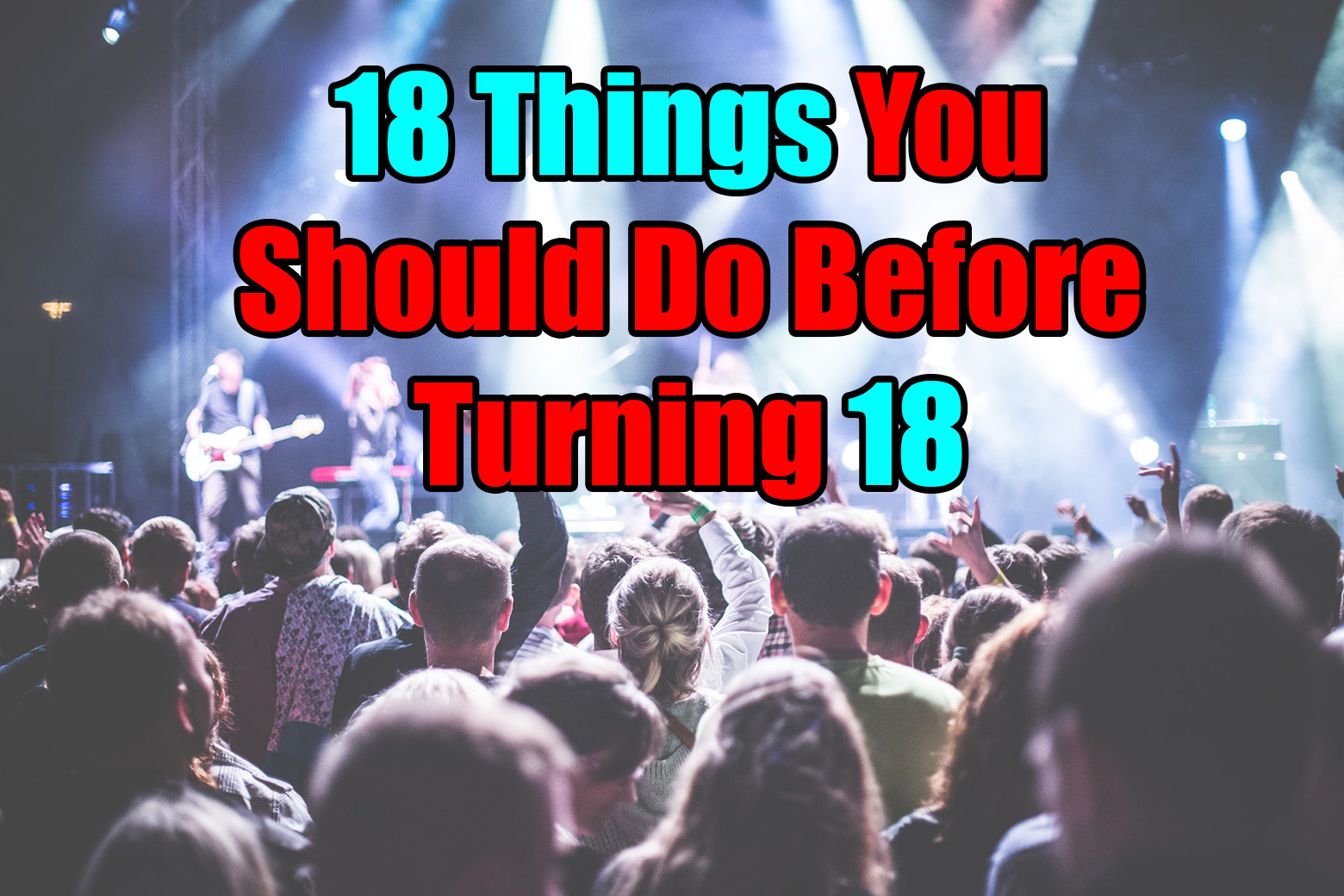Schools often focus on responsibilities such as arriving on time, finishing assignments, and following rules, but they rarely explain the rights students already have. Many teens are unaware they’re protected by federal laws, even inside the classroom. Knowing these rights gives you the power to speak up when something feels wrong. Here are ten rights you may not hear about, but absolutely should know.
1. You Can’t Be Searched Without Reason

School staff cannot search your locker, bag, or phone without a valid reason. They must believe you’re breaking a rule or carrying something unsafe. Random searches are not allowed. This protection comes from the Fourth Amendment, which defends against unreasonable searches. Even on school property, your privacy is still protected under the law.
2. You Can Express Your Opinions

You do not lose your right to free speech when you enter a school. As long as your words are not disruptive or threatening, you may share your views through writing, clothing, or peaceful protests. Schools cannot punish you just because they disagree with your opinion. Your freedom to express ideas, beliefs, and concerns is protected by the First Amendment.
3. You Have the Right to Learn Without Discrimination

Federal laws protect students from being treated unfairly based on race, gender, religion, or disability. Your school must provide equal access to education and address any reports of discrimination. If a teacher or student targets you because of your identity, you can speak up. Schools are legally required to create a safe, respectful place for all students.
4. You Can Refuse to Say the Pledge

No school can force you to stand, salute, or recite the Pledge of Allegiance. The Supreme Court has confirmed this as a First Amendment right. If you choose to stay seated or silent, you cannot be punished for it. Your personal beliefs are protected, and choosing not to participate in patriotic exercises is your decision, not the school’s.
5. You Can Access Your School Records

You have the legal right to review the information your school keeps about you, including grades, attendance, and discipline history. This right is protected by the Family Educational Rights and Privacy Act (FERPA). If something in your file is wrong, you can request that it be corrected. Schools must provide access within a reasonable period after you ask.
6. You Can Report Harassment Without Retaliation
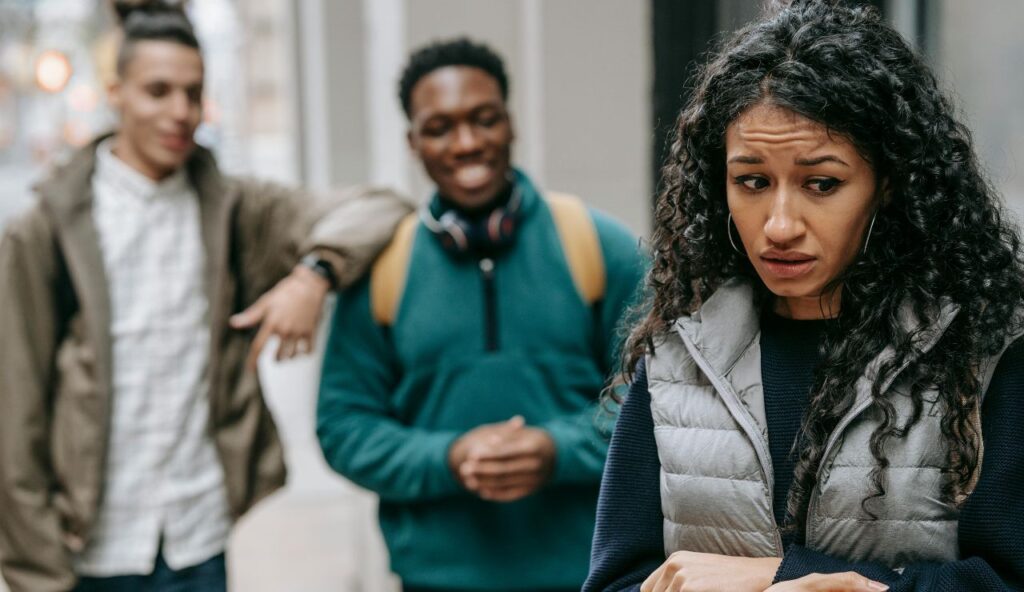
If you are being bullied or harassed, you have the right to report it and be protected. Federal laws say schools must take your complaint seriously and cannot punish you for speaking up. You should never face discipline for trying to stay safe. Schools are responsible for making sure all students learn in a place free from threats, intimidation, or harm.
7. You Don’t Have to Participate in Religious Activities

Public schools cannot require students to pray, attend religious events, or join faith-based lessons. At the same time, they must allow students to express their beliefs in appropriate ways. Your right to freedom of religion includes the choice to participate or not. The government cannot promote religion in schools, and your personal beliefs must be respected.
8. You Can Refuse to Answer Certain Personal Questions
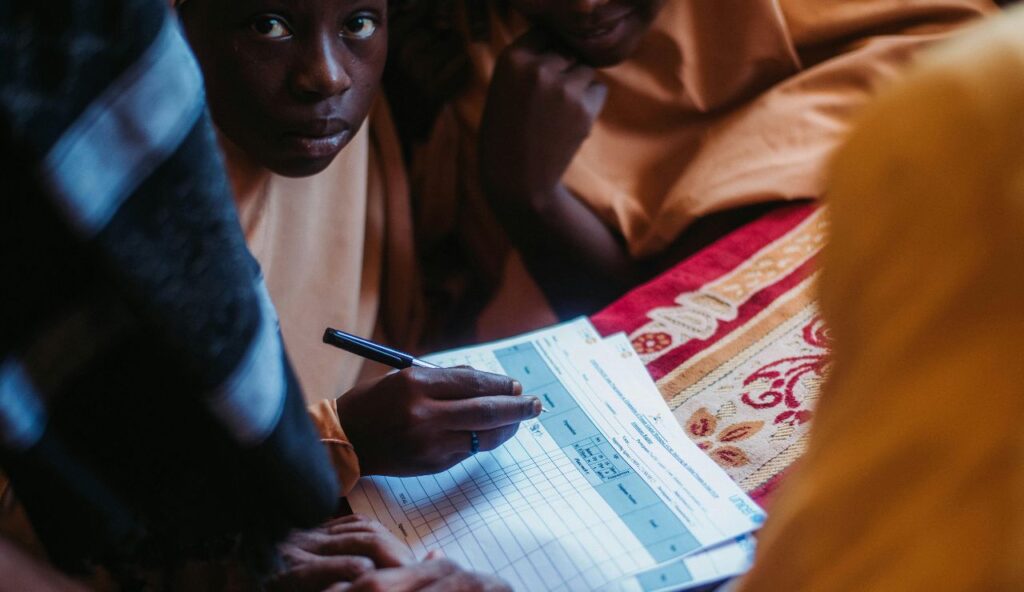
Sometimes schools ask questions that feel too personal or unrelated to learning. You are not required to answer everything, especially on surveys or forms about your family, beliefs, or experiences. In many cases, your parent or guardian can opt you out. You have the right to protect your privacy, even during class assignments or school activities.
9. You Can Record Certain Interactions
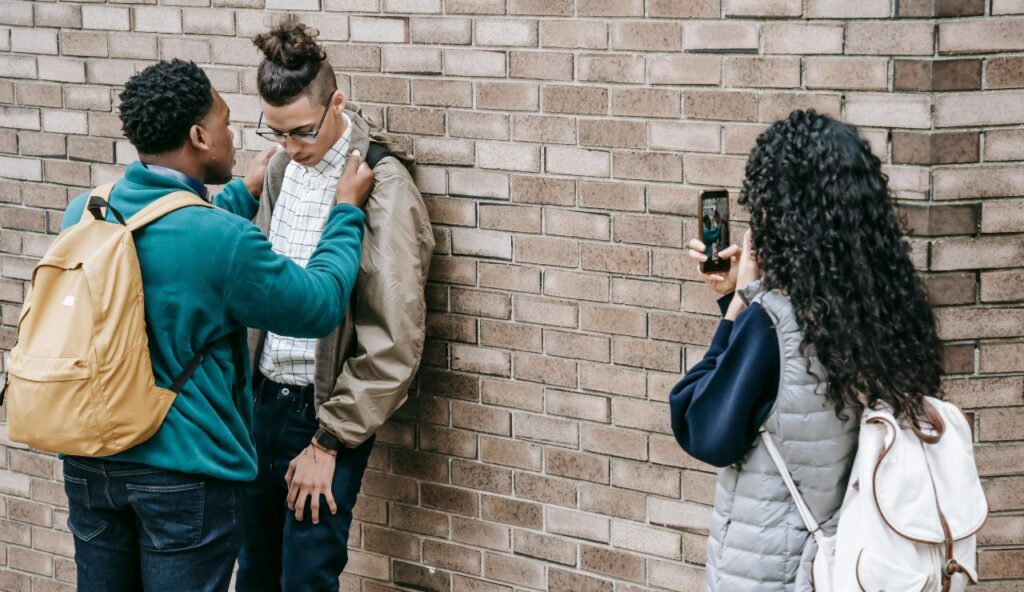
In many states, students are allowed to record conversations or incidents at school if at least one person involved knows about the recording. This can apply to situations like bullying, harassment, or unfair treatment. However, recording laws vary by state, so it is important to check your local rules. In some cases, this right helps protect students and provide evidence when needed.
10. You Can Request Mental Health Support

Schools are required to provide access to mental health services, especially if stress, anxiety, or other challenges are affecting your learning. You can ask to speak with a counselor or request support without needing to share every detail. If your mental health needs are ongoing, your school may need to create a support plan. You have the right to be heard and helped.
